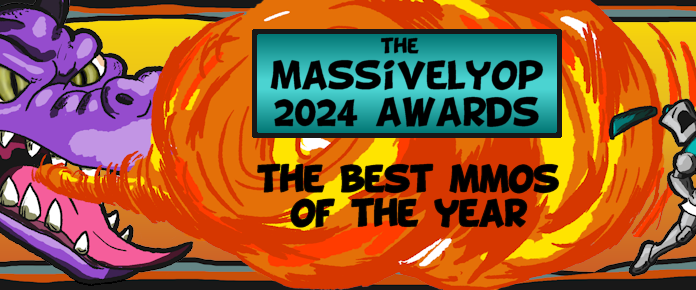
Remember last month when UK lawmakers started making fresh noise about classifying lockboxes/lootboxes as gambling to protect children following multiple reports and surveys on the monetization mechanic and its impact on the public? It’s back in the news this week as the UK’s House of Lords released a final report from its Select Committee on the Social and Economic Impact of the Gambling Industry.
The committee report argues that gambling is a serious problem in the country, rife with exploitation, particularly for kids under 17 who are by law not even permitted to gamble in the first place. And yes, video games and mobile platforms are specifically singled out as one of the culprits that are not addressed under the 2005 Gambling Act; the Lords asserts that “new games are constantly being devised, often highly addictive, sometimes with a particular appeal to children” and yet there exists “no adequate system of checking such games before they are put on the market.”
The report further homes in on loot boxes aka lockboxes and skin trading. (We note once again here our frustration that the original decade-old term “lockbox” has been usurped by the misleading and industry-friendly “loot box.”) Citing research that “suggests that either loot boxes cause problem gambling, or they exploit problem gambling among gamers to generate profits,” the committee recommends regulations to the 2005 Act to “[specify] that loot boxes and any other similar games are games of chance[.]” And that’s that.
“It is crucial that any future developments in gambling, video gaming or other products that may contain gambling-like elements, which would not currently fall within the definition of gambling, should be brought within the remit of the Gambling Act as they appear. It is too late to regulate a product as gambling, when it has already caused harm to children and young people. Neither the Government nor the Gambling Commission can afford to wait years before bringing new ‘gambling-like’ products within the remit of the Act. […] The recommendation above will deal with the immediate issue of loot boxes, but gambling operators or gaming companies may develop new products which blur the distinction between video gaming and gambling.”













